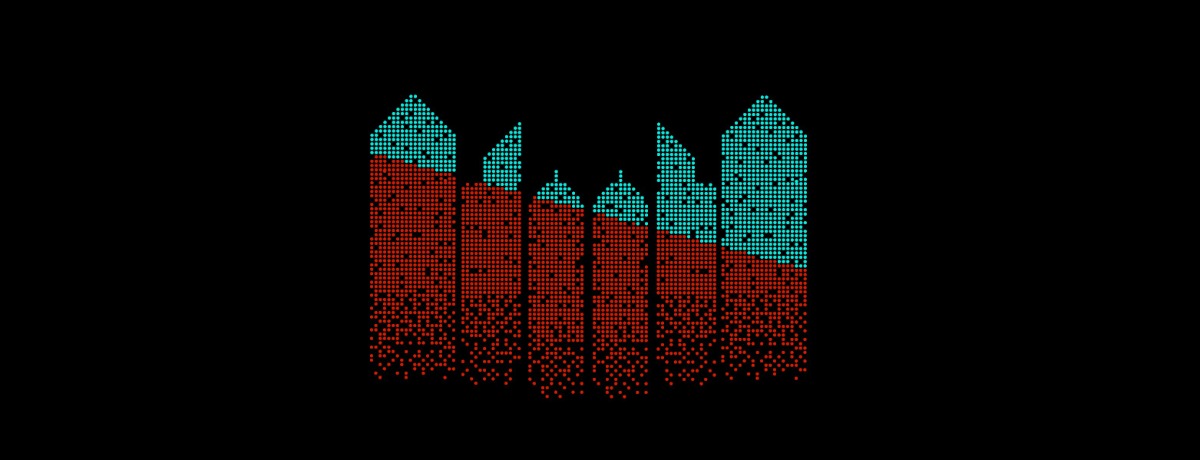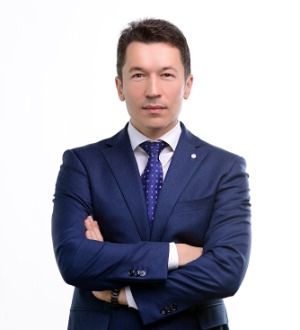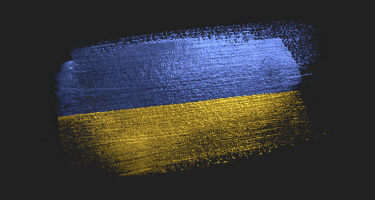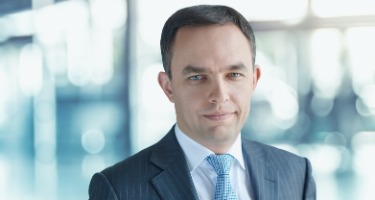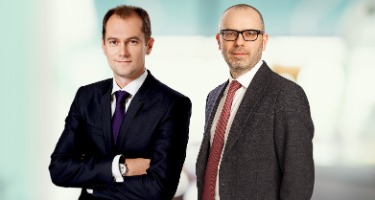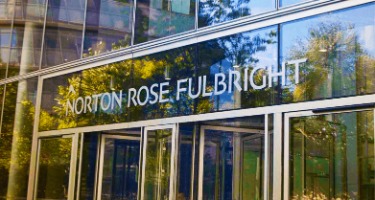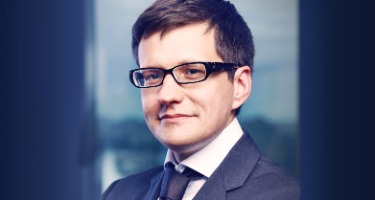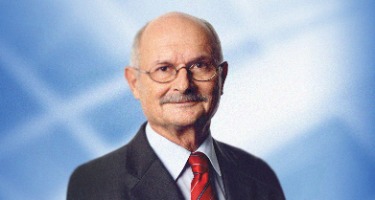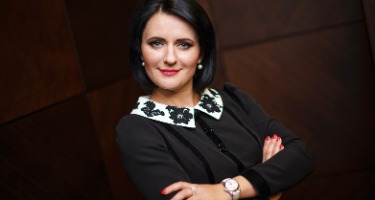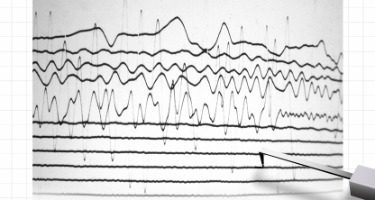Has the process of withdrawing insolvent banks from the market reached its climax? How could you characterize the actions of the fund of guaranteeing deposits of individuals and the National Bank of Ukraine (NBU) in all procedures of removing insolvent banks from the market?
It’s too early to speak on the climax. The process of withdrawing insolvent banks from the market from 2014 to 2016 has gone smoothly from one stage to another. Starting from the mass disputes related to the recognition of transactions as insignificant by official receivers (on the basis of Article 38 of the Law of Ukraine, “On the System of Guaranteeing Individuals’ Deposits”), the market has shifted toward disputes with regard to bidding for the sale of assets of liquidated banks. Going forward, there looms a serious court battle over the recovery of damages from owners of liquidated banks. This raises the question of whether the alleged “losses” are a crime to the former owners and top managers, as inefficiencies in the activities of the fund and its authorized persons (liquidators of banks) in asset management are often hidden.
We already know a number of issues that may have led to the insufficiency of assets in the Guarantee Fund: the intentional loss of documents; unjustified termination of security contracts; the sale of the bank’s assets at ridiculously low prices; and prolonged inactivity of the official receivers on the background of active judicial protection of borrowers. There is no doubt that the fund will pronounce those who have grabbed assets to be guilty of this failure. Including the former bank owners.
The first of the disputes between owners of liquidated banks and regulatory parties have finally reached international courts, including the European Court of Human Rights. In Ukraine, this development could pose problems. The Ukrainian section of the secretariat of the European Court is aware of this danger and is trying to prevent such disputes from being heard, but this is a separate topic.
Ultimately, the fund was not prepared on an organizational level to manage such as many complex processes and assets as it did. Its actions can, therefore, be characterized as extremely inefficient.
What are the features of judicial practice with participation of the fund?
The main feature is the rampant inequality in the position of the parties, which the fund and its representatives often absorb. For example, if a bank liquidating agent caused damage or did not fulfill current obligations under its contracts (including rental of premises, operating costs, license fees, or IT services), the recovery of damages by enforcement becomes impossible in a general manner. These requirements are included in the liquidation estate of the bankrupt bank and are satisfied from this property in the eighth line, according to Article 52 of the Law of Ukraine. That is, they are not actually satisfied at all. The winners in bidding for the sale of property of liquidated banks, which transferred funds under the agreement concluded at the end of the bidding, turn out in the same position if the bidding is subsequently declared invalid.
The inequality includes the restrictions on the imposition of court injunctions with respect to the fund and its authorized persons included in the procedural codes. This often deprives the fund’s opponents of the right to effective judicial protection in situations where it takes deliberately wrongful actions, as it issues ownership of mortgage property on already repaid loans.
This impunity often breeds corruption. The following situation clearly illustrates this fact—the largest bribe in the history of Ukraine, registered at the time of being transferred to law enforcement agencies (5 million USD), was intended for an authorized member of the fund, carrying out the liquidation of one of the banks of the third group.
How does this case relate to the damage that is caused by the banks going bankrupt today?
Compensation is mainly provided through the auction of assets of the liquidated banks and are conducted on electronic trading platforms, following the principles of a Dutch auction. At the moment, there are no complaints about the transparency and efficiency of such platforms, but poor quality preparation of lots by the fund gives rise to plenty of problems. The typical situation is related to the cases of the auction of the mortgage or claim rights based on repaid loans. Often, there is a court decision confirming the obligations to the bank under liquidation missing. Of course, the judicial conflict between the lot buyer and the debtor/mortgagor, in this case, is inevitable, but the fund does not seem to be worried.
Another typical pattern arises when bidding rights are put out to tender, for which a significant part of the documents has not been preserved. In this case, the winner of the bidding cannot realize the purchased right, and this should be obvious to the fund’s specialists. But no one informs bidders about the situation that has arisen, because in that case, no one will want to take part in the bidding.
It seems to onlookers that it is important for the fund to get money from buyers at all costs, and its consequences are not interesting. After all, it is impossible to effectively recover the money back from liquidated banks, as I have already said.
Tell us in detail about the development of judicial practice in regards to recovering damages from related parties of insolvent banks.
This practice is lacking but we do understand that this is a new trend, and the National Bank of Ukraine and the fund are just gaining experience. The bulk of such claims is still ahead. This is partly due to the fact that the exact amount of damage subject to be recovered can be ascertained only after the termination of the bank’s liquidation procedure, but until the completion of the majority of insolvent banks, liquidation is still a long haul ahead.
Today, such disputes can be divided into two trends: The first one is the collection of debts under refinancing contracts of commercial banks from their owners on the basis of surety signed by the owners. The second one claims on the basis of paragraph 6 of Article 58 of the Law of Ukraine “On Banks and Banking Activities” against persons associated with the bank.
The first public defendants in claims for the recovery of debts on refinancing were Vadim Novinsky, a guarantor of Forum Bank, and Konstantin Zhevago, a guarantor of Finance and Credit Bank, and more often the disputes are now underway. As for the recovery of losses from related parties of insolvent banks, the fund’s claim to shareholders and top managers of Brokbusinessbank for 8.9 billion UAH is already pending in court. It is also known about the Fund’s attempt to file a similar lawsuit against Active Bank related persons in the amount of 1.7 billion UAH.
As follows from the statements of the Managing Director of the Fund Konstantin Vorushilin, announced in late September, they are only the first fruits. A significant part of the 145 billion UAH, which the Fund shall return to the Ministry of Finance of Ukraine to recover borrowings, is expected to be paid off by former owners and top managers of the liquidated banks.
---------
Dynasty Law Firm became the first law firm in Ukrainian history to represent the Client's interests in the Administrative Board to review the decisions of the European Central Bank. On 25th May 2018 a managing partner of the firm, Denys Myrgorodskiy, participated in hearing on the claim of shareholders of Estonian Versobank AS against ECB decision on license withdrawal of the bank.
